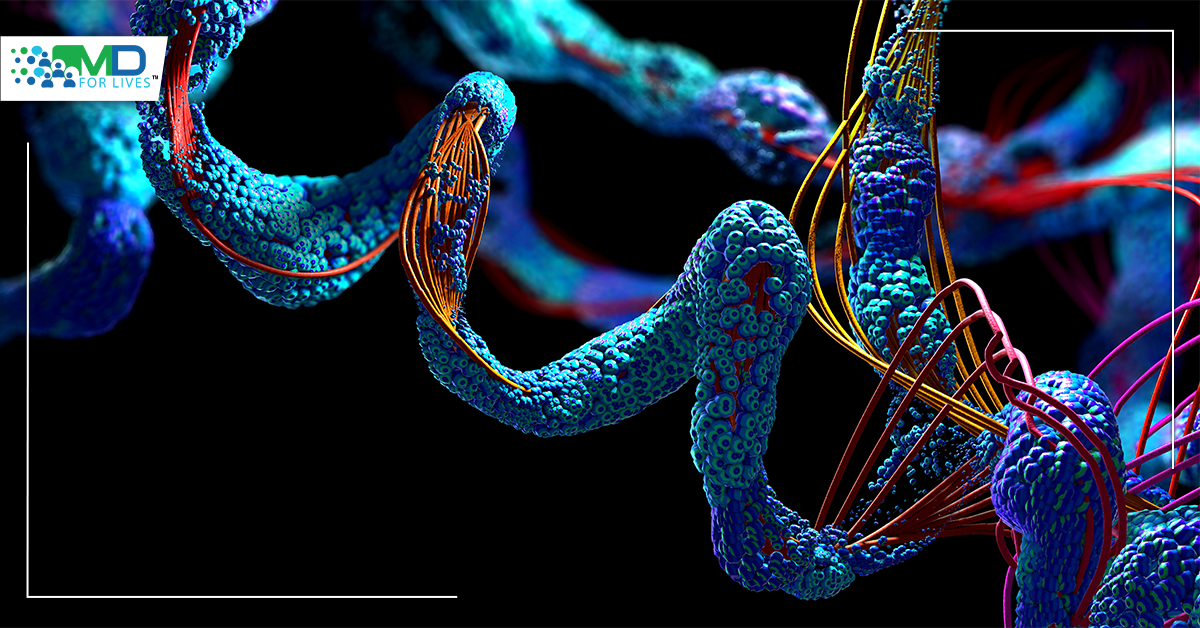With increasing incidences of cancer and its recurrence, the scientific community is always trying to invent new remedies and best therapies. The focus of research is not only treatment but also to prevent relapse. This is especially true for aggressive tumors that spread to other parts of the body such as HER2-positive breast cancers (1). Thus, adjuvant therapy becomes an important part of the treatment plan.
In the United States, breast cancer is the most common form of cancer. According to the National Cancer Institute (NCI), approximately 252,710 women are expected to be diagnosed with breast cancer this year, while the estimated number of deaths is 40,610. Among breast cancer patients, approximately 15% have tumors that are HER2-positive (1).
Nerlynx i.e. neratinib is a type of drug that belongs to the category of a kinase inhibitor. It prevents cell growth by blocking several crucial enzymes. The US Food and Drug Administration approved Nerlynx for the extended adjuvant treatment of early-stage, HER2-positive breast cancer (1).
Extended adjuvant therapy is a form of therapy administered after initial treatment and is expected to further lower the risk of cancer reoccurrence. Richard Pazdur, MD, director of the FDA’s Oncology Center of Excellence and acting director of the Office of Hematology and Oncology Products in the FDA’s Center for Drug Evaluation and Research quoted that “Now, these patients have an option after initial treatment that may help keep cancer from coming back” (1).
The trial:
The study was a randomized trial including 2,840 patients with early-stage, HER2-positive breast cancer. All participants had completed treatment with trastuzumab within the previous 2 years. Participants were divided into two groups, those administered Nerlynx as adjuvant therapy and those given placebo. The trial reported the amount of time for cancer relapse or death due to any cause including disease-free survival (1).
Results:
After a follow up of 2 years, the disease-free survival rate in the group of patients treated with placebo was 91.9%, whereas the rate in patients treated with Nerlynx was 94.2%. Thus, indicating that Nerlynx prevents cancer from coming back (1).
Nerlynx therapy should be prescribed to adult patients previously treated with a regimen that includes the drug trastuzumab. Side effects such as diarrhea, vomiting, nail disorder, dry skin, abdominal swelling (distention), rash, swollen and sore mouth (stomatitis), decreased appetite, muscle spasms, indigestion (dyspepsia), nausea, abdominal pain, fatigue, liver damage (AST or ALT enzyme increase), weight loss and urinary tract infection have been reported (1).
To control diarrhea, loperamide should be administered for the first 56 days after starting adjuvant therapy. In case severe side effects are experienced, such severe diarrhea or hepatotoxicity, treatment with Nerlynx should be discontinued. Nerlynx should not be used in pregnant and lactating women as it may show adverse effects on the fetus or the newborn.
Thus, despite the small 2.3% reduction in recurrence that the drug shows, it has received a green signal from the FDA.
Credit: Dr. Neha on behalf of Borderless Access
Copyright © 2017 BorderlessAccess






